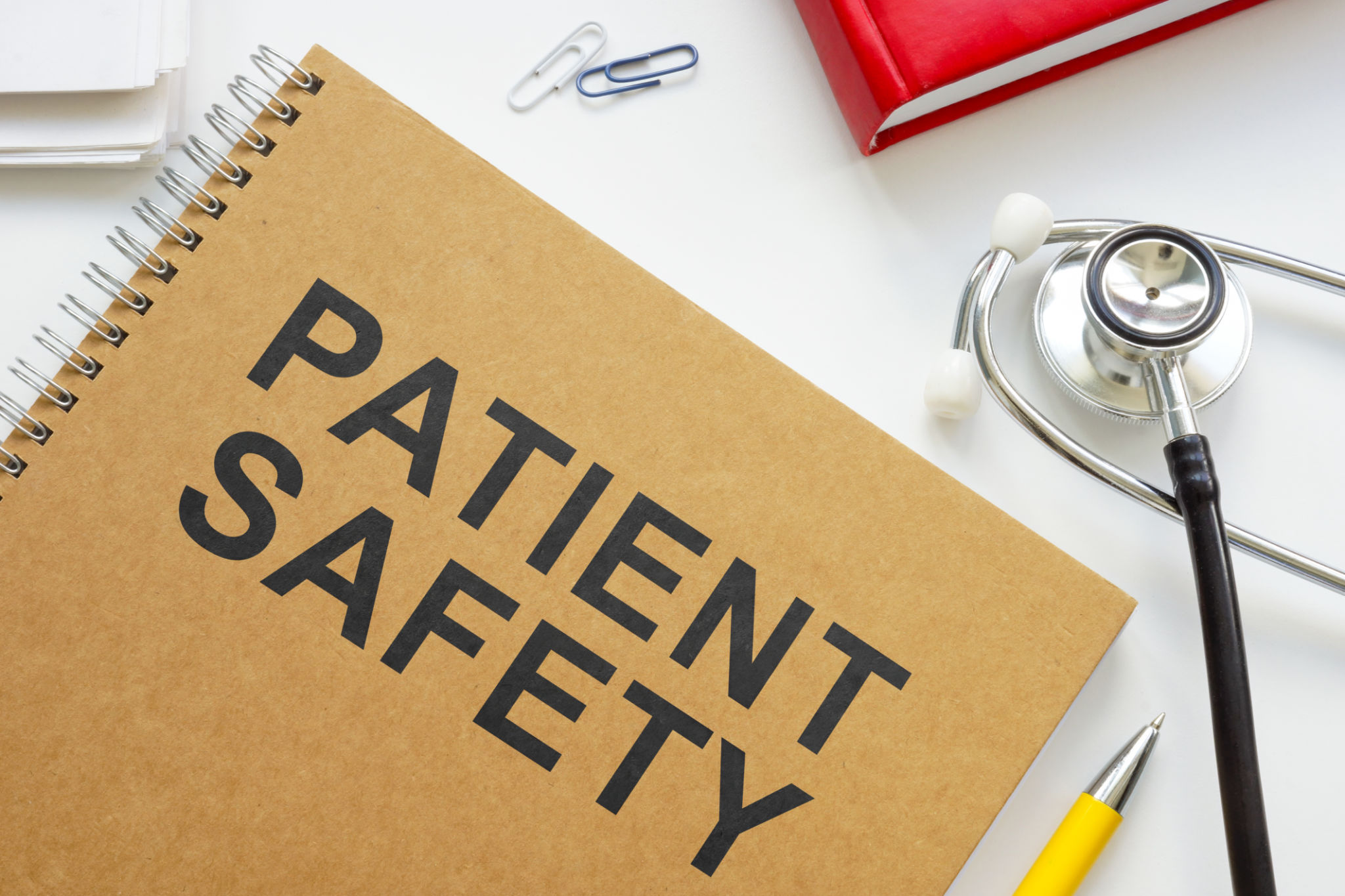Spreading Hope: The Emotional Impact of Book Donations in Healthcare
The Healing Power of Literature
In the sterile and often daunting environment of healthcare facilities, finding solace can be challenging. However, book donations have emerged as a beacon of hope, offering not only a distraction but also an emotional lifeline to patients and their families. The simple act of donating books can transform the experience of those spending time in hospitals, providing comfort and escape through the power of stories.

Books have a unique ability to transport readers to different worlds, allowing them to experience adventures, joy, and empathy. For patients confined to hospital beds, these narratives can provide a much-needed respite from their immediate surroundings. Whether it’s a thrilling mystery or an inspiring biography, the right book can uplift spirits and foster a sense of connection to the outside world.
Books as Companions
For many patients, especially those undergoing long-term treatment, the isolation and monotony of hospital life can be overwhelming. Books serve as companions during these times, offering both mental stimulation and a sense of companionship. They become a source of comfort, reducing feelings of loneliness and anxiety.
Healthcare professionals often observe the positive impact that reading has on patients. A well-chosen book can spark conversations, encourage reflection, and even inspire hope. By engaging with literature, patients may find renewed strength and motivation to face their challenges.

Benefits Beyond Patients
The emotional impact of book donations extends beyond the patients themselves. Family members and caregivers also benefit from access to reading materials. Waiting rooms stocked with books provide a welcome distraction during long hours spent supporting loved ones. The presence of books can transform these spaces into more welcoming environments, fostering a sense of calm and normalcy.
For children in pediatric wards, books offer an educational escape. Colorful picture books and engaging stories can help maintain a sense of normalcy and foster imagination even amidst medical procedures. Reading together can also strengthen family bonds and provide a shared experience during challenging times.

How to Contribute
Contributing to book donation programs is a simple yet profoundly impactful way to spread hope within healthcare settings. Here are some effective ways to get involved:
- Organize a Book Drive: Gather friends, family, or colleagues to collect new or gently used books for donation.
- Partner with Local Libraries: Collaborate with libraries to organize regular contributions to hospitals.
- Engage with Bookstores: Encourage bookstores to donate unsold stock or sponsor book donations.
The Ripple Effect
The ripple effect of book donations in healthcare is profound. Not only do they provide immediate emotional benefits, but they also contribute to creating a more positive hospital culture. Staff members often report that the presence of books brightens the atmosphere and helps foster a community spirit.
Ultimately, book donations are about more than just providing reading material. They represent an act of kindness and empathy, reminding patients that they are not alone in their journey. By spreading hope through literature, communities can make a lasting impact on the emotional well-being of those in healthcare settings.